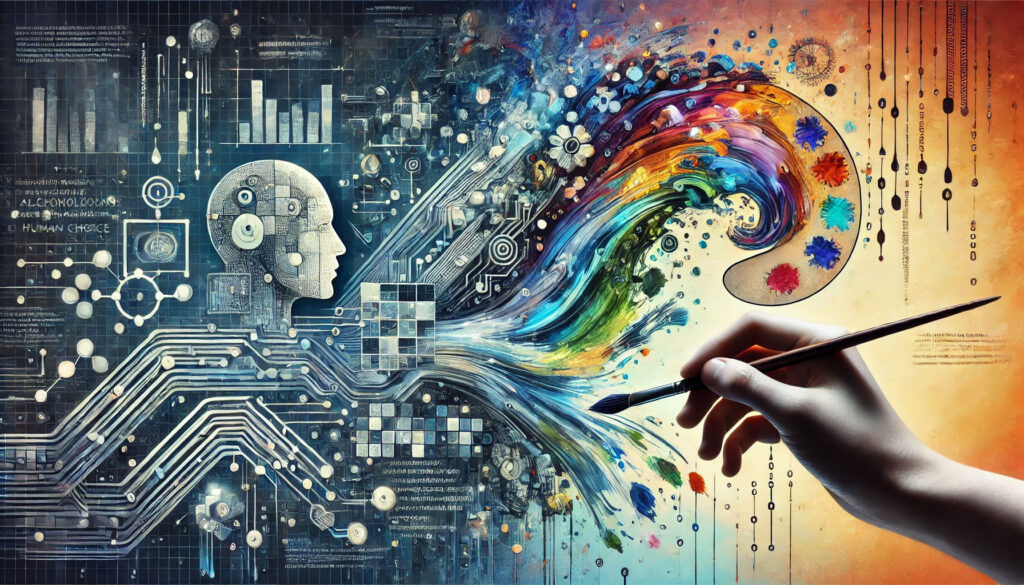I’ve been thinking a lot about AI lately. Can it really make good decisions? The more I ponder this question, the more I’m drawn to a notion that’s been taking shape in my mind: decisions need reasons. They must be rooted in purpose, tied to values we hold dear. But how do we protect these values?
It wasn’t until I stumbled upon a video featuring Lisa Feldman Barrett that things started to click. Her insights into our minds and emotions? Eye-opening, to say the least.
Barrett, a psychology professor, challenges everything we think we know about emotions. They’re not hardwired, she says. Not universal. Not beyond our control. It’s a bold claim, isn’t it? But it makes you wonder.
What if our emotions are just… guesses? Constructions our mind cobbles together in the moment? It’s a bit unsettling, really. All this time, I thought my feelings were innate, unchangeable. But Barrett suggests otherwise. They’re built, not born.
She talks about something called “experiential blindness.” Fancy term, but the concept? It’s fascinating. Our brains, always working, sifting through our past. Finding new connections. Creating new ways to interpret our world. It’s not just reacting—it’s predicting, constructing our reality.
And those emotions we think we see in others? Partly our own creation. It’s humbling, isn’t it? To realize how much of our perception is just that—perception.
This got me thinking about AI again. All these tech companies, pouring resources into emotion detection systems. But what if they’re asking the wrong questions? Barrett argues that physical movements don’t have inherent emotional meaning. We give them meaning. We connect them to context. Can AI do that?
Here’s where it gets really interesting. The way we experience our emotions? It’s the same process. Predictions. Constructions. In-the-moment creations. It’s like we’re the architects of our own emotional lives. Powerful stuff.
But with great power comes… well, you know the rest. More control means more responsibility. Especially for those of us in leadership roles. Our actions today? They’re shaping tomorrow’s predictions. It’s a sobering thought.
So where does this leave us with AI and decision-making? I’m still figuring it out, to be honest. But I’m starting to think that good decisions need more than just data and patterns. They need that human touch—our complex, ever-evolving mix of emotions, experiences, and values.
Don’t get me wrong. AI is incredible. It’s going to help us in ways we can’t even imagine yet. But maybe—just maybe—there’s something uniquely human about truly good decision-making. Our ability to construct emotions, to tie them to our deepest values, to take responsibility for shaping the future… that’s powerful stuff.
I’m still learning, still questioning. But one thing’s for sure: the interplay between our minds, our emotions, and our decisions? It’s a beautiful, complex dance. And I, for one, am excited to keep exploring its rhythms.
